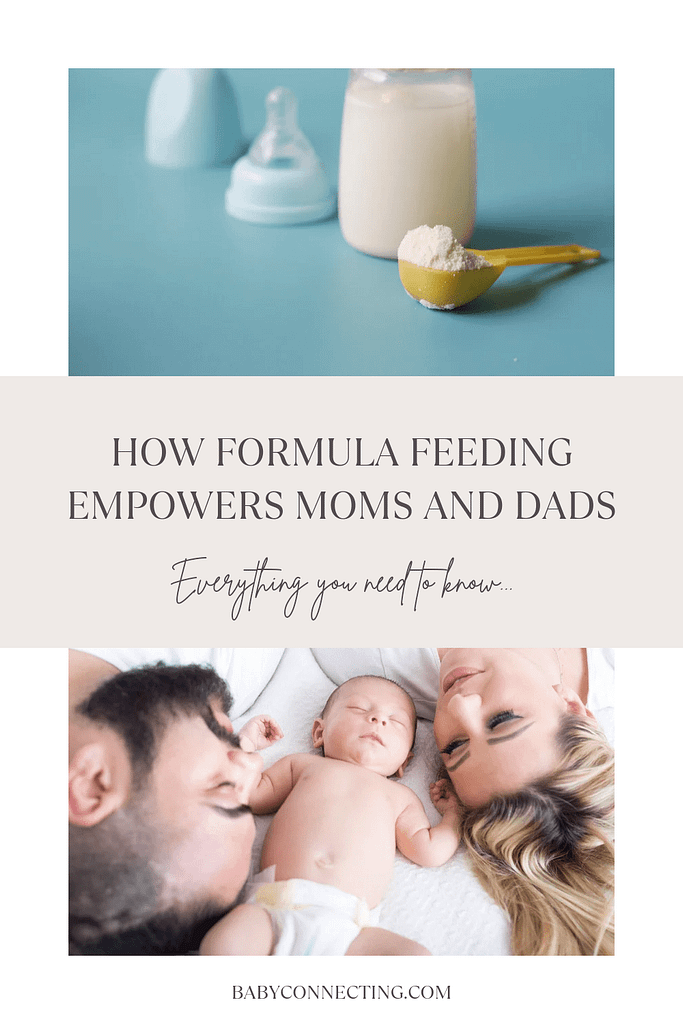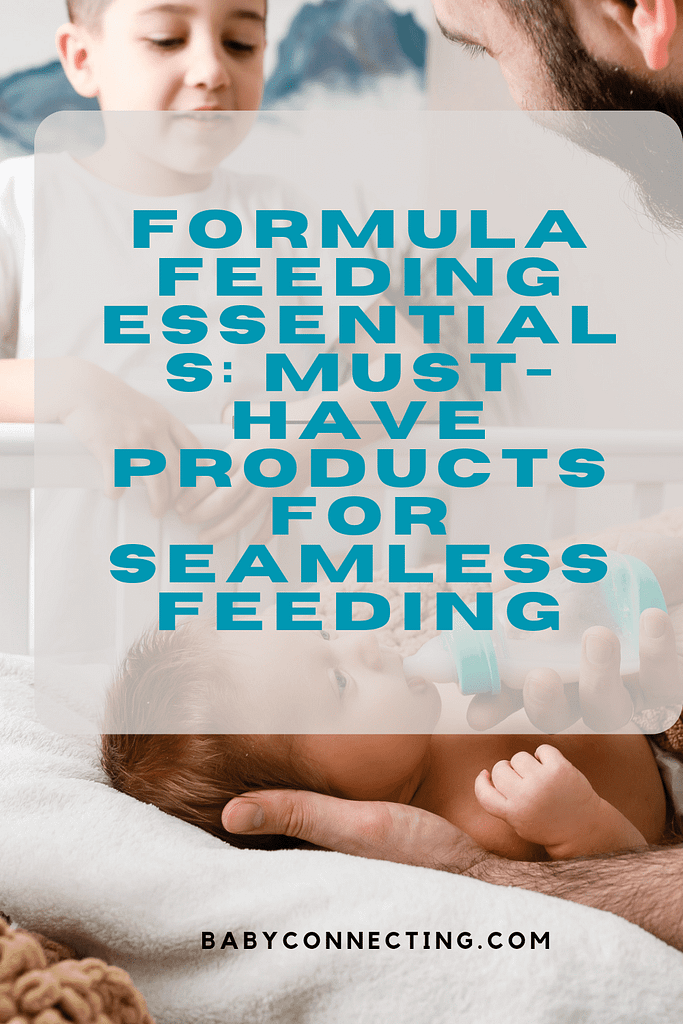Newborn Baby Care: Essential Tips for First-Time ParentsÂ
Welcoming a newborn into the world is an incredibly joyous occasion, but it can also be overwhelming, especially for first-time parents. The first few weeks are filled with learning curves as you adapt to your baby’s needs and establish routines. Proper newborn care is crucial for your baby’s health and development. In this blog post, we’ll cover everything you need to know about newborn care, from feeding and sleep to bathing and bonding, providing you with practical tips to make this journey smoother.
1. Preparing for Newborn Care: What You Need to Know
Bringing a newborn home requires a bit of preparation. Ensuring you have the right essentials will make the transition easier and less stressful. Here’s a checklist of must-have items:
– Diapers and Wipes:Stock up on newborn-sized diapers and gentle wipes suitable for sensitive skin.
– Baby Clothes: Choose soft, breathable fabrics and ensure you have plenty of onesies, sleepers, socks, and hats.
– Feeding Supplies: Whether breastfeeding, formula feeding, or a combination, have bottles, a breast pump, and formula on hand if needed.
– Safe Sleeping Space: A crib, bassinet, or co-sleeper with a firm mattress and fitted sheets.
– Bathing Essentials: A baby bathtub, gentle baby soap, washcloths, and hooded towels.
– Medical Supplies: A digital thermometer, nasal aspirator, baby nail clippers, and any medications recommended by your pediatrician.
2. Feeding Your Newborn: Breastfeeding and Bottle-Feeding Tips
Feeding is one of the most important aspects of newborn care, providing essential nutrients for growth and development.
a. Breastfeeding
– Benefits: Breast milk provides optimal nutrition, boosts the baby’s immune system, and promotes bonding.
– Tips:
– Latching:Ensure a good latch to prevent nipple pain and ensure your baby is feeding effectively. Consult a lactation consultant if needed.
– Feeding Frequency: Newborns typically feed every 2-3 hours. Watch for hunger cues like rooting, sucking on hands, or fussiness.
– Hydration: Stay hydrated and maintain a balanced diet to support milk production.
b. Bottle-Feeding
– Choosing Formula: Consult your pediatrician about the best formula options for your baby.
– Sterilizing Bottles: Clean and sterilize bottles and nipples regularly to prevent infections.
– Feeding Position: Hold your baby at a slight incline during feeding to reduce gas and spit-ups.
3. Newborn Sleep: Understanding and Establishing Healthy Sleep Habits
Newborn sleep patterns can be unpredictable, with most babies sleeping 16-18 hours a day in short bursts. Understanding your baby’s sleep needs can help you establish healthy sleep habits early on.
– Safe Sleep Environment:Always place your baby on their back to sleep on a firm mattress with no loose bedding, pillows, or toys.
– Swaddling: Swaddling can help soothe your newborn and promote better sleep by mimicking the comfort of the womb.
– Nighttime Routines: Establish a calming bedtime routine with activities like a warm bath, gentle rocking, or a lullaby to signal sleep time.
– Respond to Cues: Babies have different cries for different needs. Learn to distinguish between hunger, discomfort, and tired cries to respond appropriately.
4. Bathing Your Newborn: Keeping Your Baby Clean and Comfortable
Bathing your newborn can be a wonderful bonding experience, but it’s essential to follow safe bathing practices.
– Frequency: Newborns don’t need daily baths; 2-3 times a week is usually sufficient. Sponge baths are recommended until the umbilical cord stump falls off.
– Water Temperature: Use lukewarm water, testing it with your wrist or elbow to ensure it’s not too hot.
– Safety First: Never leave your baby unattended in the bath, even for a moment.
– Gentle Cleansing: Use mild, fragrance-free soap to avoid irritating your baby’s delicate skin. Pay attention to folds, especially around the neck and diaper area, to keep these areas clean and dry.
5. Diapering: Tips for Changing Diapers and Preventing Diaper Rash
Diapering is a frequent task in newborn care, with babies needing a change about 10-12 times a day. Proper diaper care is essential to prevent rashes and discomfort.
– Diaper Changing Tips:
– Clean Thoroughly: Use gentle wipes or a damp cloth to clean the diaper area thoroughly during each change.
– Apply Diaper Cream: Use a barrier cream to protect your baby’s skin from moisture and reduce the risk of diaper rash.
– Choosing Diapers: Ensure the diaper fits snugly but not too tightly around the baby’s waist and legs to prevent leaks and chafing.
– Preventing Diaper Rash:
– Change Frequently: Don’t let your baby sit in a wet or soiled diaper for too long.
– Air Time: Allow your baby some diaper-free time to let their skin breathe.
– Avoid Irritants: Choose fragrance-free wipes and diapers designed for sensitive skin.
 6. Bonding with Your Newborn: Creating Emotional Connections
Bonding with your newborn is vital for their emotional development and your relationship. This connection helps your baby feel secure and loved.
– Skin-to-Skin Contact: Holding your baby against your bare chest helps regulate their temperature, heart rate, and breathing while promoting bonding.
– Talking and Singing: Your voice is soothing to your newborn. Talk, sing, and read to them to build language skills and strengthen your bond.
– Eye Contact and Smiles: Engage in eye contact and smile at your baby. These simple interactions help them recognize you and feel safe.
7. Caring for the Umbilical Cord Stump
The umbilical cord stump will typically fall off within the first two weeks of life. Until it does, proper care is crucial to prevent infection.
– Keep It Dry: Avoid getting the stump wet. Opt for sponge baths until it falls off.
– Air It Out: Fold diapers below the stump to keep it exposed to air and prevent irritation.
– Monitor for Signs of Infection: Look out for redness, swelling, foul odor, or discharge around the stump. If you notice these signs, contact your pediatrician.
 8. Monitoring Your Baby’s Health: When to Seek Help
Newborns are vulnerable, and it’s important to keep an eye on their health. Regular pediatrician visits are essential, but knowing when to seek immediate help is equally crucial.
– Signs to Watch For:
– Fever: A rectal temperature of 100.4°F (38°C) or higher in a newborn requires immediate medical attention.
– Persistent Crying: Inconsolable crying that doesn’t improve with feeding, diapering, or soothing could indicate pain or discomfort.
– Difficulty Breathing: Rapid breathing, grunting, or flaring nostrils may signal respiratory distress.
– Poor Feeding: If your baby is not feeding well or shows little interest in eating, contact your healthcare provider.
9. Final Thoughts
Caring for a newborn can feel overwhelming, but with time, patience, and support, you’ll become more confident in meeting your baby’s needs. Remember, every baby is unique, and parenting is a learning experience. Trust your instincts, seek guidance when needed, and cherish these precious early days with your little one.
–

